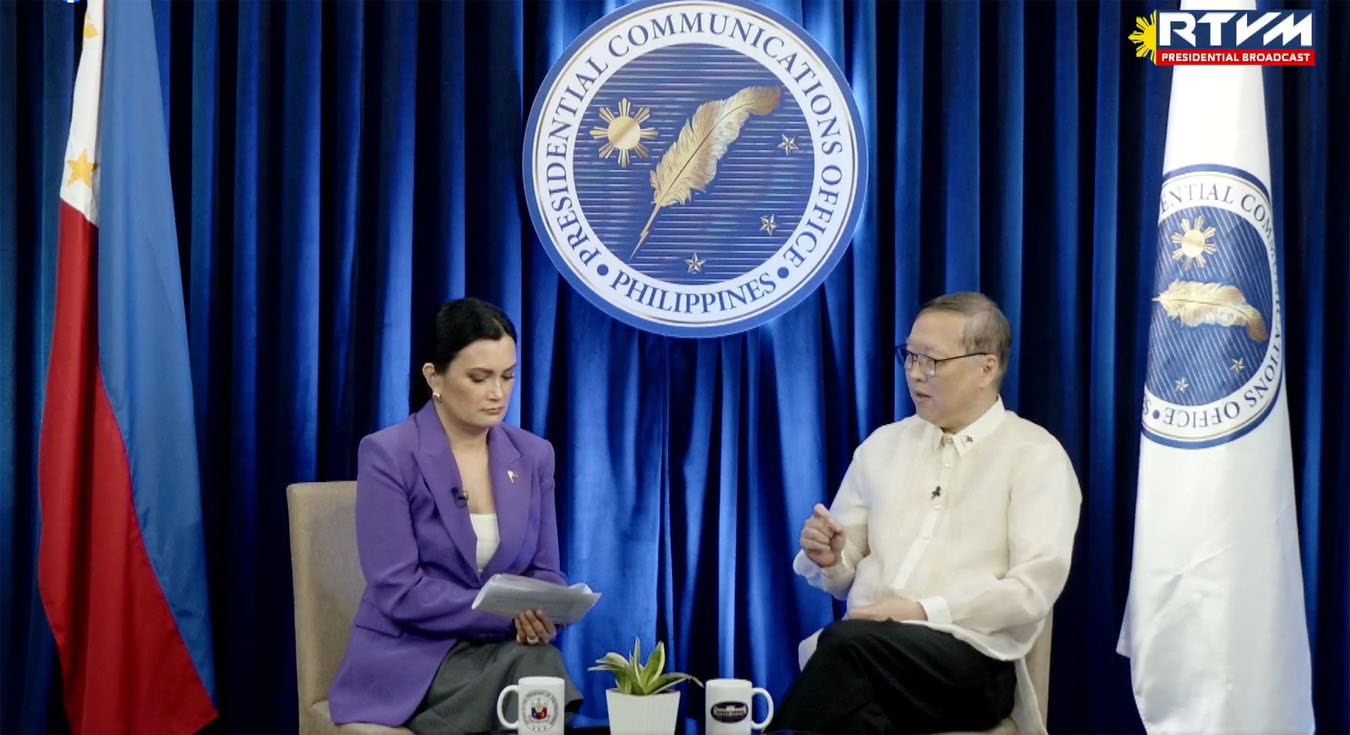
By Darryl John Esguerra | Philippine News Agency
The Department of Information and Communications Technology (DICT) on Monday highlighted the need for a single, comprehensive law that would cover all cyber-related offenses.
Speaking at the pilot episode of the “Malacañang Insider” program, DICT Secretary Ivan John Uy said the government needs to come up with a “more responsive and timely” policy to address crimes in the cybersphere, saying an all-encompassing law would be easier to enforce compared to numerous specific laws.
“We need a new law. We need to have a more comprehensive law rather than bits and pieces of legislation that addresses small or specific items: for instance, you have an anti-scam law, an anti-misinformation law, you have an anti-deepfake law or something like that,” Uy said.
He cited Singapore which has a law called the “Online Harm Law” that covers all crimes committed online.
“So, that covers anything. If your conduct causes harm, whether it’s phishing, deepfake, misinformation, whatever, it’s covered under that law,” Uy said.
“I think that’s a better way of addressing this whole thing rather than having separate laws. We actually have a lot of laws and it’s very difficult to keep track and enforce all of them. So I think a more comprehensive approach would be appropriate,” he said.
Enabling platforms, deepfake
Uy also said a law should also be passed to impose penalties against social media platforms that “enable” cyber-related offenses, citing as example the Anti-Money Laundering Act which penalizes banks that facilitate the criminal activity.
“They are in full control of their platform eh. And countries and governments don’t have control over that platform so if there’s something that goes on there, I think they should have the responsibility on that,” he said.
Meanwhile, Uy said the DICT is anticipating the use of deepfake technology in the country’s midterm elections next year, especially on social media which Filipinos are among the top users in the world.
“I have no doubt it will be utilized. Elections sometimes can be extremely dirty,” he said.
“There are candidates who will resort to nothing less than full domination [in] their quest to be elected. So they will definitely launch that [on social media],” he said.
In the United States, Uy said they are monitoring the proliferation of deepfake technology.
He also said they are currently working on the integration of artificial intelligence (AI) to the e-Government app that will enhance the reportage of scam messages.
He reminded the public to be discerning and cautious against scam messages.
